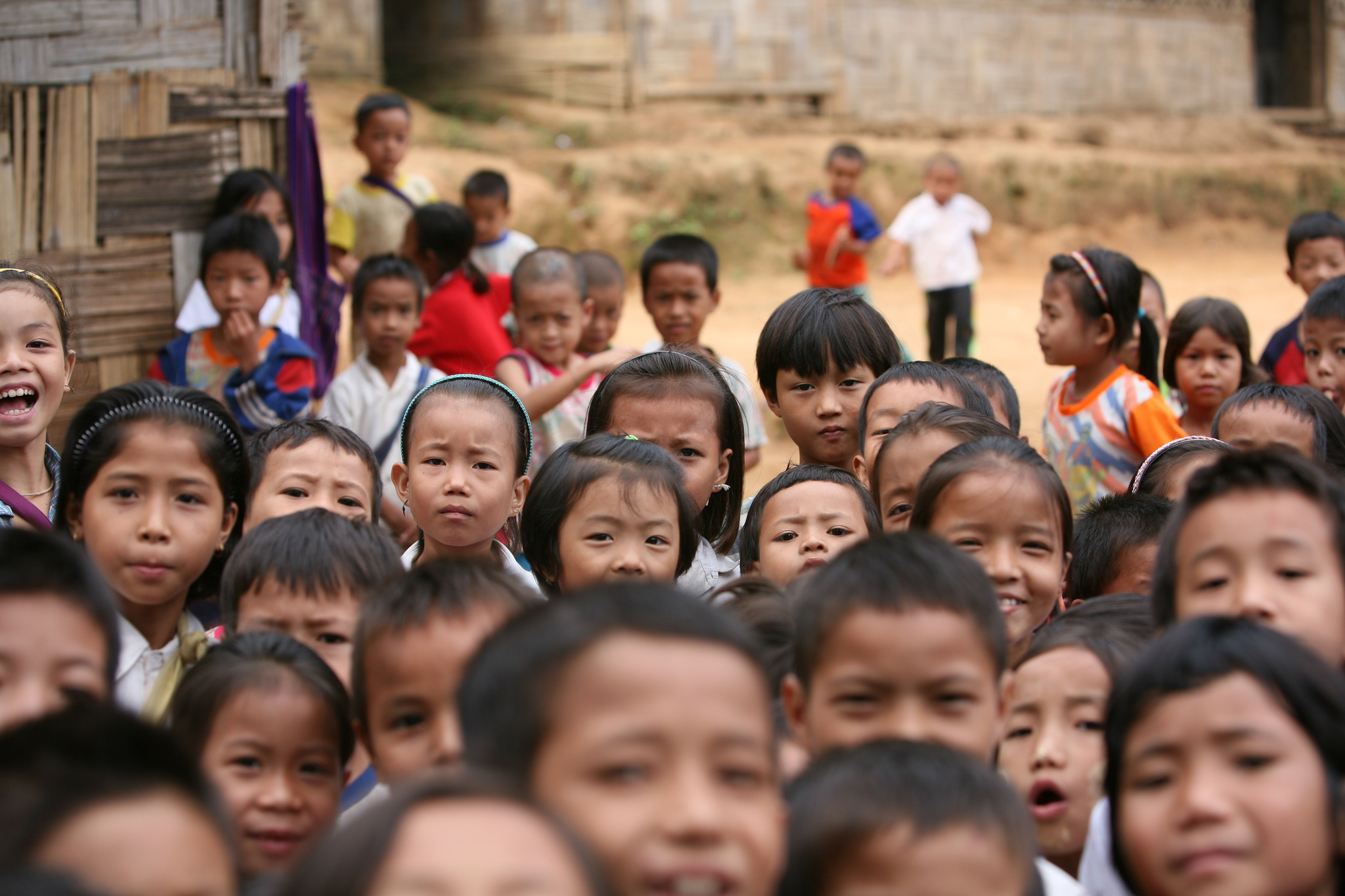
Words and war: The role of the linguist in conflict resolution

Opportunities for open dialogue are the key to healing societies
Published 22 September 2017
The best mechanisms for change are debate, dialogue and discourse and yet this is something we struggle to do. Professor Joseph Lo Bianco says we need to explore new models for public discussion that don’t silence controversial words, opinions and views.

Coming from an Italian migrant family, Professor Lo Bianco experienced first-hand the kind of discrimination and hostility that exists in situations where distrust and fear of the Other is rife. Whilst Australia has, thankfully, moved forwards from the time when the public use of languages other than English were looked down upon, prejudices still exist and need to be combatted.
Professor Lo Bianco reflects on his work in South East Asia, where he facilitates dialogue in some of the most challenging and seemingly intractable of violent conflicts. He shares how important it is to protect Indigenous languages and ensure mother-tongue education opportunities exist.
Episode recorded: 14 September 2017
Producers: Dr Andi Horvath and Chris Hatzis Audio engineer: Gavin Nebauer Editor: Chris Hatzis Production assistant: Claudia Hooper
Banner image: Pixabay
Subscribe to Eavesdrop on Experts through iTunes.

